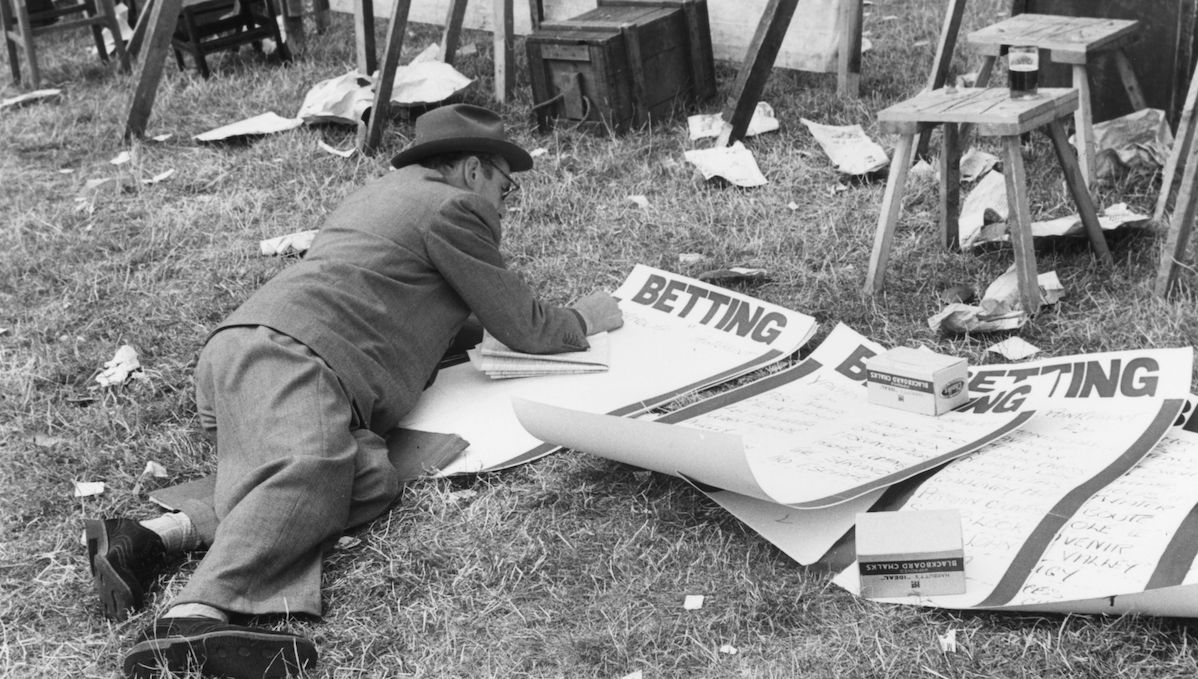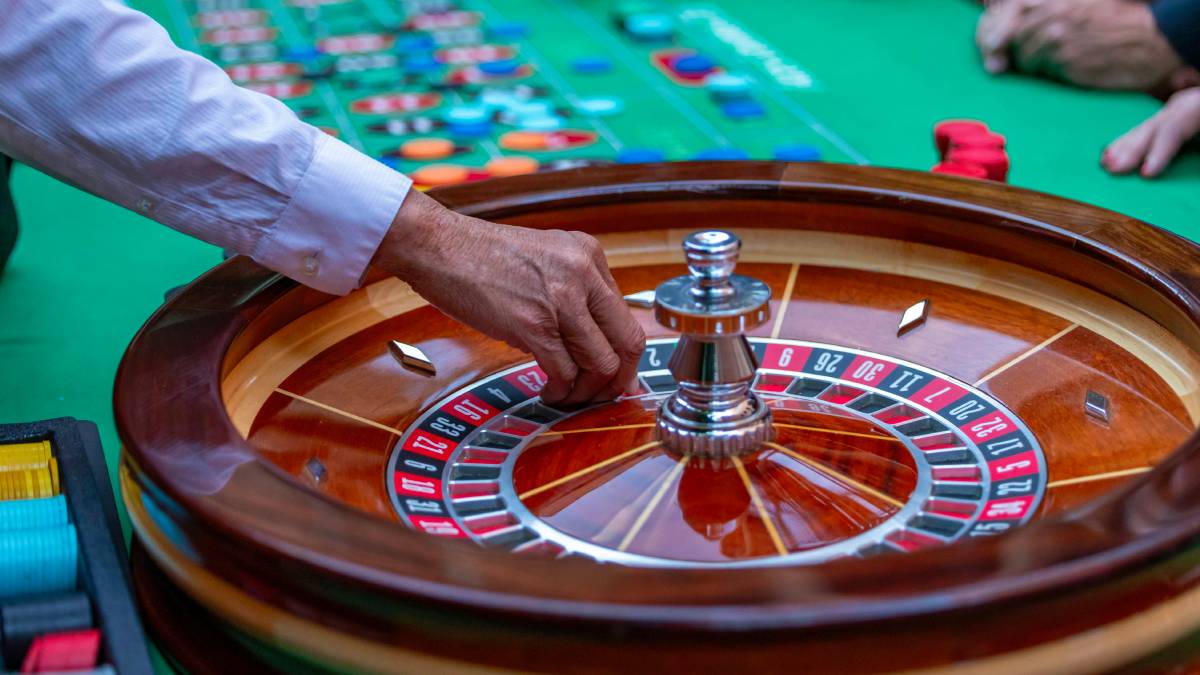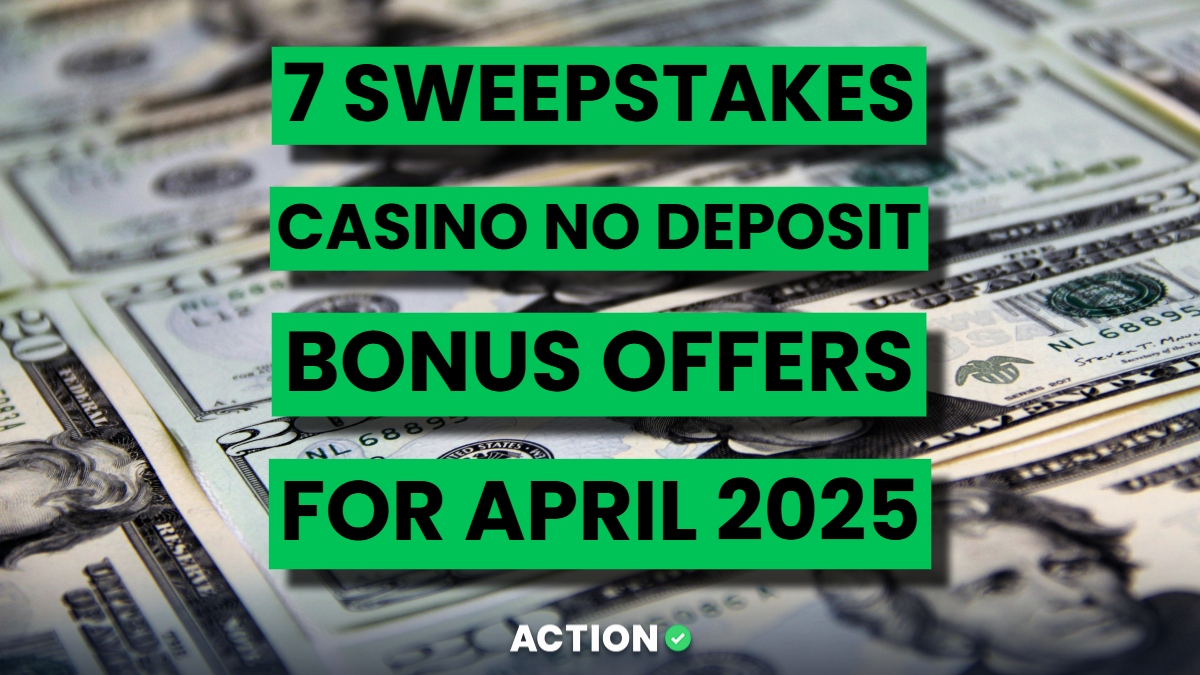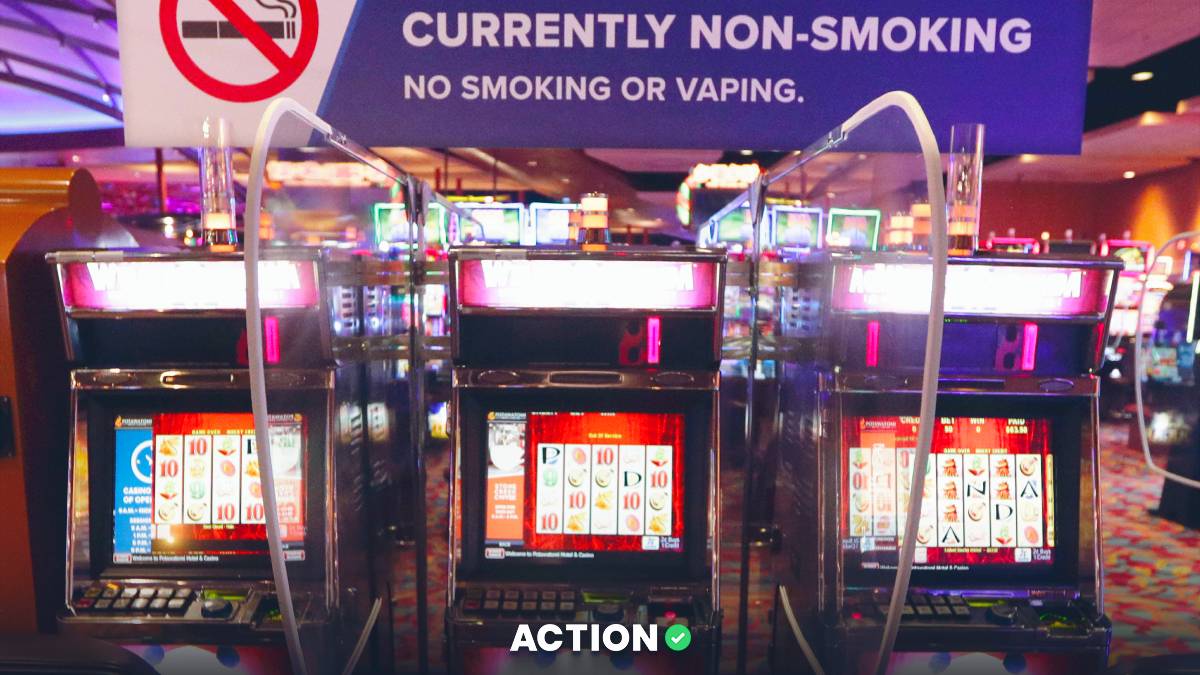The chicken and the egg. The tortoise and the hare. David and Goliath.
Some parables stand the test of time. Add to this canon the sportsbook and the sharp, of which longtime SuperBook executive Jay Kornegay told Action Network, "As far as players camouflaging their skills, that 'cat and mouse' game has been going on for three-plus decades.”
Applying a more Biblical timeline, veteran Vegas bookmaker Robert Walker said, "That's been going on forever.”
Harking back to his days running the MGM sportsbook at the Mirage in Las Vegas, Walker recalled that, in the era predating mobile betting, sharp sports bettors on the lookout for trusty beards would get VIP casino players to place their bets to avoid detection.
But that was then.
“Now, because everything is mostly online, you're pretty easily able to identify sharper customers,” said Walker. “But if you see someone bet a few parlays that aren't EV+, you might wait to see if they're not a wise guy."
What Walker is referring to is the practice of sharp bettors, frustrated by having the size of their wagers severely limited by online sportsbooks, opening burner, beard or new accounts in their own names and “priming” them with early bets that make it seem like they’re a recreational or losing bettor.
The idea here is that, having thrown a sportsbook off their true scent, the sharps can stick around long enough to clandestinely relieve the platform of its shirt — and how long it takes for that garment to get lost is a matter of strategy and patience.
Slow Burn vs. Smash & Grab
Isaac Rose-Berman is a professional bettor and the author of a Substack called “How Gambling Works.”
“Of the people who actually do win, I'd say upwards of 90 percent, in some capacity, try to look dumb,” he told Action Network.
Rose-Berman provided Action Network with a roadmap for how a non-dumb bettor might look the part of a square, a “normie” or, in more incendiary parlance, a “degen.”
Some pros will start by asking a recreational bettor they’re friendly with for their football picks and then plugging them in verbatim, confident that most will lose. These will usually involve overs (not unders), parlays, home teams and high-hold markets.
The bets should be substantial — but not too big — and placed close to kickoff and without the benefit of line-shopping. And if things break badly, chasing losses and redepositing into one’s account are tactics that are often employed.
“[The] trick is to do all this without actually losing a bunch of money, which is pretty hard,” said Rose-Berman.
Assuming the sharp-masquerading-as-square is able to thread the needle, they will eventually transition to making actual sharp bets, which is “where the real debate comes in,” said Rose-Berman.
Here, he said, sharps are basically of two minds.
“‘Slow burn’ is to keep mixing in cover play with sharp bets in the hope that your account stays looking relatively normal and your limits stay higher for longer and you can keep playing and winning,” he explained “‘Smash and grab’ is basically to take as much as you can quickly. Once you place any sharp bets, just keep slamming them and don’t turn back — the logic being any sharp bets will get you flagged or limited and cover play won’t help, so don’t waste your time with it."
Losers Last Longer
Online sports betting has taken its share of lumps in the mainstream press of late, with a recent example being a Bloomberg column by Ira Boudway bearing the headline, “Sports Betting Apps Are Even More Toxic Than You Thought”.
Problem and responsible gambling consultant Brianne Doura-Schawohl called Boudway's column “one of the worst pieces [for the industry] that we’ve seen in a long time.” Why? Due to its assertion that pro bettors are creating accounts that simulate the behavior of gambling addicts to avoid getting severe limits placed on their bets.
Doura-Schawohl told Action Network that she found one particular passage in Boudway’s column to be particularly “terrifying.”
“One pro bettor I know set up a bot which logs in to his accounts every day between 2 and 4 a.m., to make it seem like he can’t get through the night without checking his bets,” Rose-Berman is quoted as writing on his Substack. “Another withdraws money and then reverses those withdrawals so it looks like he can’t resist gambling.”
“Nighttime play is a well-known marker of harm,” Doura-Schawohl observed. “[This] really makes me want to question the efficacy and reality of the types of responsible gambling programs [sportsbooks] are happy to boast about."
The column is careful to note that the success of these tactics doesn’t necessarily prove sportsbooks are intentionally looking to exploit problem gamblers. But as Keith Whyte, executive director of the National Council on Problem Gambling, told Action Network, “It raises some serious policy concerns about how responsible gambling tools and algorithms are attuned or may need to be improved to better separate out people with potential gambling problems from sharps or pro bettors.”
To this end, a spokesperson from FanDuel emailed a statement that read, “FanDuel wants customers to enjoy our platform as a form of entertainment only. We strongly encourage setting a budget and we offer a suite of safer gambling tools — including time, wager and deposit limits — as well as monthly player statements that provide each customer with a clear view of their activity. We continue to build diverse partnerships with a range of organizations with the objective of encouraging responsible play habits. Any assertion otherwise is inconsistent with our mission.”
While the wee-hour bot and withdrawal examples were poached from Rose-Berman’s own writing, he told Action Network, “The line between looking dumb and looking like an addict is a bit iffy. I would say the majority of the pro or winning bettors I know make a point of, at least the first week or two that they have an account, of placing intentionally bad bets. When it comes to things like setting up the bot or canceling withdrawals, those are less common and more idiosyncratic.
“People have all these different beliefs about what works. Everybody knows if you look like a loser, you're going to last longer."
Piggybacking on Whales
Bill Krackomberger is one of the best-known professional gamblers in America. He lives in Las Vegas, which means he’s an instantly recognizable entity at Sin City’s betting counters. Some will still take his action, but for those that won’t, it’s not like he can send people close to him in to get money down on his behalf.
“It’s very difficult with a name like Krackomberger,” he said. “I can’t just have my wife go into a sportsbook. I am into many sportsbooks through friends or stuff. It's part of the game.”
When it comes to online action, Krackomberger said that while he understands why some of his peers opt for the “look dumb” process that Rose-Berman laid out, “it’s so hard for me to swallow a negative-EV (expected value) bet.”
Instead, Krackomberger said, “I'd rather find someone who's a big bettor and share his account. I'd rather find that guy and say, 'Listen, I'm going to be putting some props in, some correlated stuff, maybe some teasers, and me and you will split whatever I put in."
In other words, the well-heeled square offsets his losses by getting a cut of Krackomberger’s wins — and Krackomberger gets to bet with an online sportsbook that might otherwise limit him to single-figure wagers or ban him outright.
This tactic comes with a fair share of risk to the square bettor. Mobile sportsbooks prohibit users from allowing anyone other than the account holder to bet using a single account, and proxy betting is illegal in several states.
“Whether they (mobile sportsbooks) like it or not, that’s what’s going on,” Krackomberger said.
But finding a whale to piggyback bets on can be a bit of a chore, he concedes.
“I’d love to find losing bettors who want to find me and start sharing in what I do, but it's hard,” he said. “These guys have such egos. They can't be controlled. They don't realize it's a long-term game. They don't want to be told what to do. Guys who own companies and big businesses, they're used to telling people what to do.”
The Bottom of the Barrel
The question of how much freedom sportsbooks should have to limit certain players has received quite a bit of attention of late from state agencies like the Massachusetts Gaming Commission (MGC).
Representatives from several major sportsbooks addressed the issue at the MGC’s Sept. 11 meeting, with BetMGM saying it only limited about 1% of its Bay State customers. BetMGM’s senior director of compliance, Sarah Brennan, said that by limiting a tiny percentage of bettors, the sportsbook is able to offer competitive lines and products for the majority of its customers.
FanDuel’s vice president of product and new market compliance, Cory Fox, echoed these sentiments at the meeting, explaining that limiting certain bettors allows FanDuel to offer better prices on more markets. And Alex Smith, Fanatics Sportsbook’s vice president of regulatory affairs, told the MGC that about 90% of winning customers are not limited, with half of all limited customers categorized as losers.
Krackmoberger is among the 1% who’s been hamstrung by low limits, and he wishes mobile sportsbooks would see a sunny side to catering to players like him.
“Just take the bet from Bill Krackomberger for $500,” he said. “Learn from me. I'm just asking for a minimal bet so I can get down some volume.”
There’s at least one seasoned bookmaker who agrees with this approach: Walker.
“I’d rather have a player on there I know was a sharp and control them with minimum — not maximum — limits,” said Walker, explaining that what he means by this is all players, sharp or square, would be guaranteed a “minimum maximum” — $100 on a prop, for instance — that they could bet without being denied bets or being barred from wagering more than, say, $6 in a given market.
“I think part of the problem is they're booking too many events — secondary player props — and that's where the sharp players are gonna live," said Walker. "They find out LeBron James is out and they're going to pound a team's ninth or 10th guy. You probably don't mind the sharp players betting the games themselves; you just don't want them betting these secondary props.
“We know the casual player isn't looking at the sixth guy off the bench in the NBA. Sharp players don't move lines on player props, they just beat you because you're not going to have any liquidity in these areas. I always said: Don't take a bet big enough from a sharp player to where they can decide your fate. My point is, if you can't take $100, don't book it (the event).”
Sparing no one, Walker concluded, “The sharp players are way smarter than we are. As a group, I put bookmakers toward the bottom of the barrel, myself included. But I think we've magnified those mistakes by offering props that only the sharp players are going to care about. That's the problem. They're trying to make a living off of our mistakes, and they are making a living off our mistakes."



























